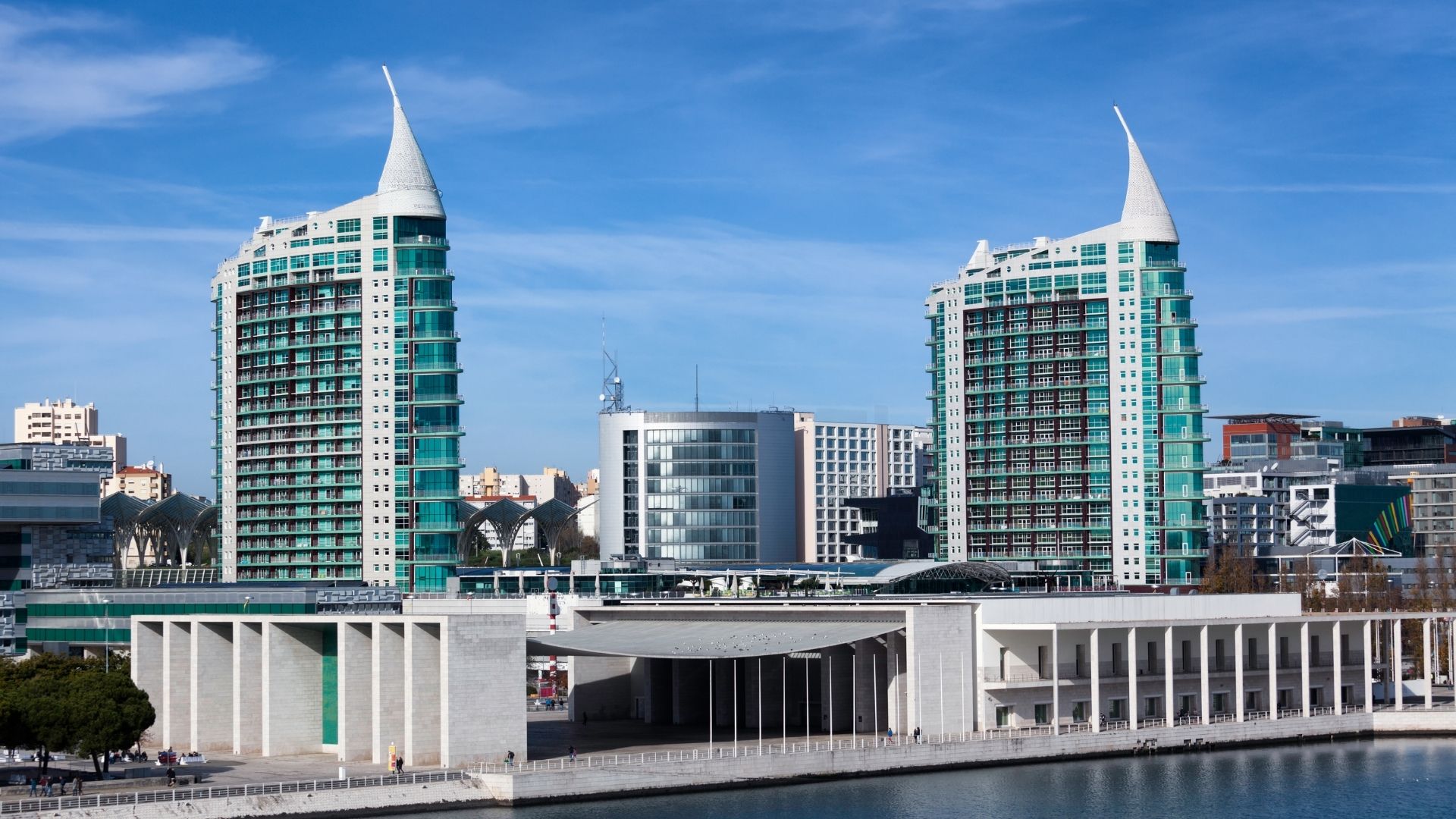It is not news to anyone that the Silicon Valley, in California, is the main hub of entrepreneurship in the world. This leadership, naturally, is the result of a series of factors, which has been implemented for many years. Walter Isaacson, Steve Jobs’ biographer, says that this phenomenon only occurs when ripe seeds fall on fertile soil. In reality, this process of success relies on four key factors.
The first is the access to knowledge, the so-called know how, essential to build the innovative projects. Universities, Technological Poles and massive investment in research and development, whether public or private, are indispensable for this pillar.
The second is the so called rebellious attitude, the much hyped disruption, where the entrepreneur defies the existing standards and aims to change the world with his ideas. Elon Musk is considered a rebel when he bet on cars powered by electricity when the subject was still incipient.
The third is capital, that is, investors, funds and the so-called corporate venture capital, which play with risk and are willing to inject large sums of money into these start-ups. It was, in fact, this segment that moved the economy in times of pandemic crisis. The main radars of the market, such as CB Insights and TechCrunch, confirm that the biggest bet, currently, for return on capital and, still, survival for traditional companies in innovating, is to invest in these types of companies of fast and exponential growth.
Each of the three factors mentioned go together and make an explosive mixture. If an ecosystem exists only venture capital, the dominance of natural resources will prevail, as happened in the Persian Gulf with oil, for example. If you add knowledge, these markets tend to be concentrated within established companies, i.e. without innovation. If there is only knowledge, they become market economies. An example is India, which specialises in exporting good programmers to clients in other countries. And when there is only the disruptive attitude, subsistence economies are formed, i.e. social activism and artistic creations, but without building big businesses. Brazil, for example, known for its vast consumer market and with more than ten unicorn startups, is only twelfth in the ranking of world centers of innovation and entrepreneurship and will lose positions in the next one.
Lisbon, fortunately, is on the right track. The city gathers two of the above attributes, such as know-how and a cosmopolitan effervescence that accredits it with rebelliousness, besides already developing a fourth and new aspect, consistent in the creation of entrepreneurship centers, as happens in London’s Tech City, an excellent benchmarking. But if we use another example, that of Tel Aviv, Israel, elevated to Startup Nation by journalists Dan Senor and Saul Singer, it should be noted that Lisbon still needs something to take off.
It lacks, however, greater play with venture capital. It is essential that venture capital funds, or a greater predisposition of the local business class to bet, appear in greater numbers, after all, without money available, the seed planted, even in fertile soil, may be sterile or take too long to be born. In an increasingly fast-paced sector, actions may come too late. The time is now.




